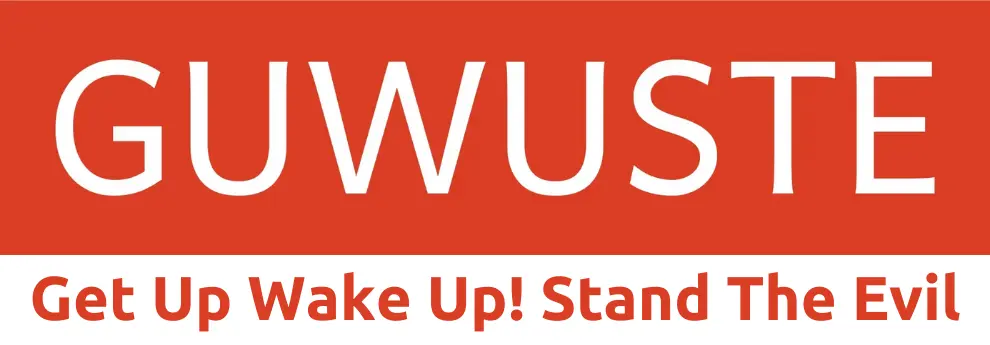Minds Under Siege: Global Manipulation Through Words
14 Sep 2025
- Share:

Minds Under Siege: Global Manipulation Through Words
Language, beyond being an innocent communication tool, is a strategic weapon that silently invades our minds and skillfully manipulates our perceptions. Especially after major traumas, narratives woven with words have the power to direct societal reflexes and stifle critical thinking. In propaganda mechanisms, language devalues thought, transforming it into mere "sound," directly triggering emotional responses, which is a fundamental indicator of how global actors operate societal control mechanisms.
Numerical Codifications and Subconscious Threat Perception
Numerical codifications like "9/11" create a permanent threat perception in our subconscious through emergency lines. This is an insidious strategy applied globally, pushing us to react rather than think. In Turkey, similar mental codifications are created with event names like "July 15," "Gezi," "Earthquake," and "Terror," directing societal reflexes and silencing questioning minds. This is one of the local reflections of global manipulation.
Pre-written Disaster Scenarios: Past Disaster Codifications
In the US, the term "Pearl Harbor" was used as a strategic tool in certain political reports long before major attacks. For example, the "Rebuilding America's Defenses" report published in 2000 explicitly argued that a "catastrophic and catalyzing event, like a new Pearl Harbor," was needed for the country's military interventions. It is evident that a blockbuster film released months before the attacks also played a significant role in psychologically preparing the public for such an idea of attacks.
The embedding of the "Pearl Harbor" concept into the collective subconscious loaded emotional weight onto similar attacks and created a strong motivation for calls for revenge.
Redefining National Identities: The Dark Side of Definitions and Othering
For example, the term "Homeland" in the US, despite its past association with certain regimes, its inclusion in the discourse after major events is significant. This linguistic choice, while redefining national identity, also strengthened the perception of being under siege and the need for preemptive action. The concept of "Homeland," while reinforcing national unity, led to certain groups being perceived as potential threats, revealing the role of language in identity construction and othering processes.
Nuclear Threat Perception and Trauma Management: The Shadow of "Ground Zero"
The term "Ground Zero," frequently used in the West, is a historical term referring to the center of a nuclear bomb explosion. Its rapid adoption by the media after major attacks created a perception of a nuclear attack. The constant bringing up of the nuclear threat by officials of the time in the days and months following the attacks dramatically increased the fear factor with the combination of "nuclear" and "ground zero."
It demonstrated the media's power to create fear and anxiety in the public using specific terms. Furthermore, the term not only created a perception of nuclear threat but also transformed the physical location of the attacks into a symbolic trauma area, revealing how language is used in managing national mourning and remembrance processes.
Paradigm Shift and Political Rationalization: The Danger of the "Unthinkable"
Again, the term "unthinkable" in the US demonstrated how international law and treaties could be reinterpreted under the pretext of "extraordinary events." The leaders of the time, while announcing their intention to unilaterally withdraw from international treaties, stated that they should be willing to "rethink the unthinkable," emphasizing that this was necessary due to states with terrorism and weapons of mass destruction.
This concept played a central role in rationalizing the doctrine of preemptive war. The idea of military interventions outside international law to prevent future "unthinkable" threats was legitimized within a linguistic framework. It highlighted the government and media's effort to make certain thoughts literally "unthinkable" by using the "unthinkable."
In the Shadow of Mental Operations: Threats to Turkey and Resistance Strategies
Events such as "July 15," "Gezi," "Earthquake," and "Terror" in Turkey create mental codes that shape societal perception. Discourses like "national unity" and "external powers" hinder critical thinking. Language manipulation makes Turkey vulnerable to external influences at the intersection of global and local narratives, while the concept of "Security" carries the risk of excluding local oversight under the guise of international cooperation; the definition of "Terror" can be used to silence dissidents. The forgetting of past crises weakens public reaction, and the localization of global narratives pushes the country to be governed by external scenarios.
A new language, archive, and narrative structure must be created. Concepts such as "Security Clamp" and "Memory Erasure" should emphasize strategic breaking points; the manipulative power of language should be broken with phrases like "oversight mechanism" instead of "Security," and thought should be liberated. Inconsistencies in official statements and the media's role as a government mouthpiece make it difficult to spread alternative narratives. Developing resistance strategies by focusing on new forms of language manipulation and the impact of social media in the digital age is one of the fundamental steps to gaining mental independence and building the future.





